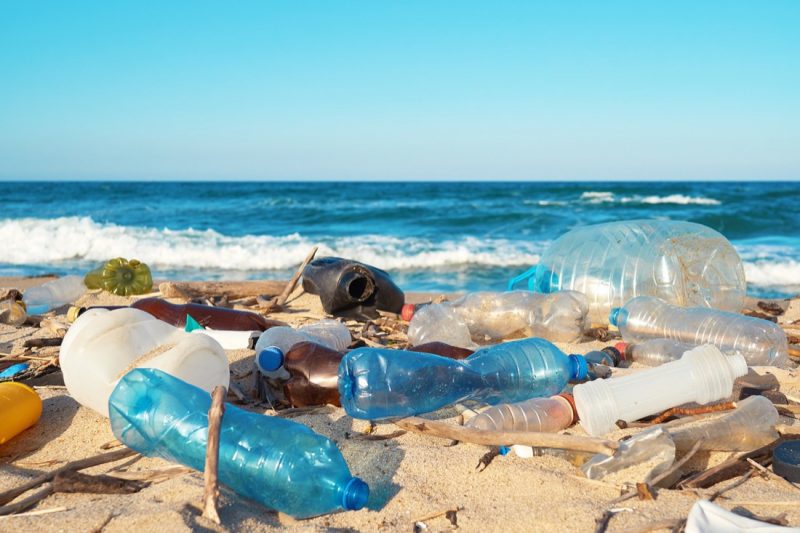World-leading recycling company RecycleGO has partnered with DeepDive Technology Group to bring trust, transparency and better decision-making to the recycling supply chain business using blockchain technology. The need for innovative recycling solutions that promote environmental sustainability has never been greater. Estimates suggest there are 400 million tons of plastic produced annually, projected to double by 2050. Forty percent of plastic is said to be landfilled, with another 32% leaked into the environment, according to the World Economic Forum.
The bottleneck to the recycling industry’s growth is a need for greater supply chain visibility for better decision-making. Eco-Entrepreneur and RecycleGO CEO Stan Chen explained, “The more visibility you have in any kind of supply chain, the more you’re able to engage in enterprise resource planning, including pricing and purchasing decisions and inventory management, which has a direct impact on protecting your margins and, ultimately, your value creation as a whole.”
RecycleGO is forming collaborations with international, household brands, many of which have publicly pledged to reach 25% recycled content by 2025; with less than five years remaining, the recycling rate hovers around eight percent today. “There is a market that wants more recycled material, but we currently don’t have enough content to support it; consumers simply are not recycling enough,” Chen adds. “Blockchain technology could be the single catalyst to actually solving that.”
Participants in the recycling blockchain technology should expect to see 15-20% savings from supply chain optimizations during Phase 1 alone. Simultaneously, big-brand producers can use data to directly and indirectly improve the availability of recycled content in a way that boosts corporate brand image.
Technology trailblazer and DeepDive CEO Misha Hanin commented, “Blockchain technology will provide irrefutable proof of the good environmental behaviour for each and every stakeholder up and down the recycling supply chain, which can be monitored, incentivized, and, ultimately, trusted.”
“What we have is the world’s first comprehensive and inclusive blockchain solution that allows any kind of material to be tracked and any kind of stakeholder can join,” Chen noted. “Touching every stakeholder, every recyclable piece of material, at every point of the recycling process, this first-of-its-kind recycling solution will help us rid the environment of all recycling waste altogether. Plastic bottles are just the start.”
Phase 1 of the multi-phase project will allow project collaborators to identify the entire history of a particular plastic bottle — from the moment it gets created, collected, converted back to raw material form, and shipped back to the manufacturer to make another plastic bottle.
The new blockchain product – now officially in development – will be built using Hyperledger Fabric, an open-sourced blockchain framework supported internationally by over 250 members including IBM, Intel, and, most recently, DeepDive.
“In the past two years, blockchain has gone from something almost no enterprises talked about to something today where close to half of enterprise companies have set aside substantial budgets for at least some form of POC project,” adds Hanin. “The more valuable and critically important use-cases we have, the faster the enterprise blockchain adoption we’ll see.”







